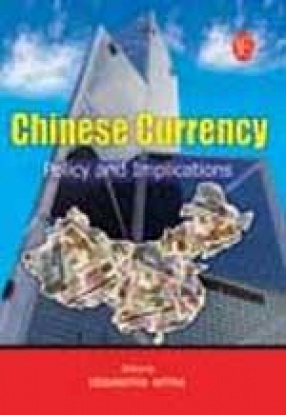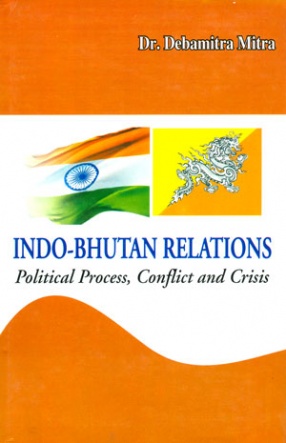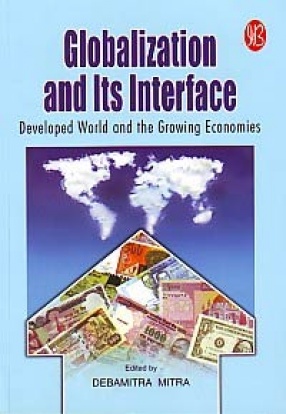The US economy largely attributes the global imbalances reflected in huge trade surplus with the Asian economies (particularly with China) and record-breaking trade deficit with the US due to the deliberate policy of undervalued currency regime by China. There was continuous pressure from the US on China to revalue her currency. The US demand is that China should abandon her ‘pegged currency policy’ in order to correct global imbalance which is reflected in mounting US trade deficit and huge trade surplus of Asian and oil-exporting countries. It is argued that if Yuan is allowed to float, the price of Yuan would increase relative to dollar and other currencies. As a consequence, Chinese goods would become expensive compared to other countries’ products, and demand would shift away from Chinese exportable, thus reducing the global imbalances. On the other hand, China had defended her pegged currency policy by expressing concern over the fact that a complete float of Yuan would have disastrous impact on her domestic export industries. The exportable are cheaper due to surplus labor in China. Moreover, the banking sector of China is not developed and is burdened with huge non-performing loans. Therefore, the financial sector of China might collapse following a floating exchange rate due to substantial speculative activities. An overvalued exchange rate might reduce employment in China causing social unrest. The prime objective of Chinese policymakers is maintaining economic and political stability. In this backdrop, the basic theme of the book is exploring different facts of the Chinese exchange rate policies and its implications on the US as well as for the Asian economies.
Chinese Currency: Policy and Implications
$32.40
$36.00
In stock
Free & Quick Delivery Worldwide
All orders amounting to US$ 50 or more qualify for Free Delivery Worldwide. For orders less than US$ 50, we offer Standard Delivery at $14 per book.
ABOUT THE AUTHOR Debamitra Mitra
Debamitra Mitra has done her M Phil and PhD in International Relations and Modern History from Jadavpur University and Calcutta University respectively. She has experience in academics (teaching and research) and media (print and audio-visual) for more than 14 years. She is currently working as Faculty Member at Icfai Business School Research Centre, Kolkata. Prior to joining Icfai, she taught international relations, political science, social work, sociology, environmental studies, international law and feminism at St. Xavier's College, Lady Brabourne College and Rabindra Bharati University, Kolkata. She also worked for The Times of India, Kolkata, where she headed the editorial team of Art and Edit Cell (Eastern India). She also worked in Pailan Group of Educational Institutes, Kolkata as Director-Academics for a brief period. She has published many articles on international relations and social issues in various academic journals and presented many papers in different seminars. She authored a book 'End of Communist Rule in East Europe, Poland: A Case Study' published by Minerva Associates Pvt. Ltd., and co-authored a book 'Environmental Science' in two volumes published by New Central Book Agency (P) Ltd., Books and Allied (P) Ltd., Kolkata. Two of her edited books on 'Wetland Conservation and Ecotourism: South Asian Perspective' and 'Sociology in Practice: An Introduction' published by Icfai University Press are released in November 2007.
reviews
0 in total
Review by Anonymous
Be the first to review “Chinese Currency: Policy and Implications” Cancel reply
You must be logged in to post a review.
Bibliographic information
Title
Chinese Currency: Policy and Implications
Author
Edition
1st ed.
Publisher
ISBN
9788131415412
Length
200p.
Subjects
more by Debamitra Mitra see more
similar bookssee more
Indian Rural Markets and Marketing Practices: Recent Developments
India is a land of great ...
$27.90
$31.00








There are no reviews yet.